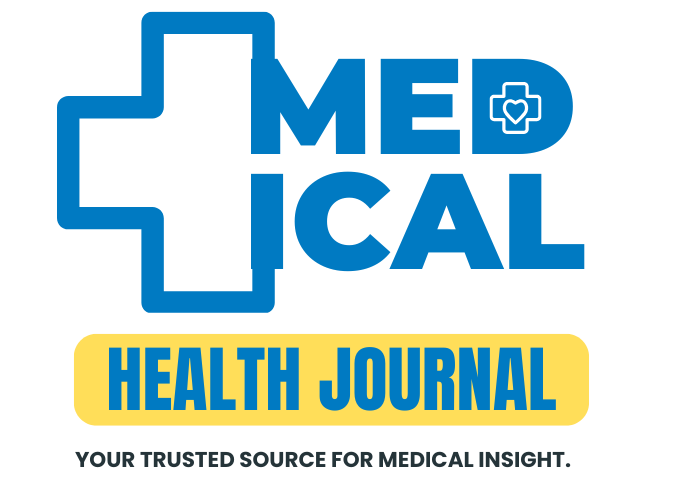
Blood pressure is a measurement of the force exerted by circulating blood against the walls of blood vessels. Most of this force is generated by the heart as it pumps blood through the circulatory system. It is usually measured in the large arteries of the body. If the pressure is too high, it can lead to cardiovascular disease and other health problems.
If you have blood pressure over 140/90 mm Hg, you may have hypertension. If the number is lower than 90, it may be normal. However, if the number is over 120, you should seek medical attention immediately. This is called hypertensive crisis and should prompt you to call 911.
Although high blood pressure usually does not cause symptoms, it is important to have it checked regularly. Your health care provider can use a stethoscope, gauge, or electronic sensor to measure your blood pressure. They will take two or more readings of your blood pressure and compare them with the norm for a healthy person of the same height and age.
Low blood pressure can also be a problem. Although there is no specific blood pressure level that can be considered “too low,” the American Heart Association recommends that people with a blood pressure reading under 140/90 mmHg be evaluated by their doctors. It is important to monitor blood pressure as it can negatively affect the health of many organs in the body.
Blood pressure is caused by the force exerted by circulating blood against the walls of the arteries. This pressure can be dangerous and affect the heart, kidneys, and eyes. Early detection and treatment can ensure that your blood pressure remains within the normal range and stays healthy. Various factors can influence blood pressure, including activity level, body temperature, diet, emotional state, and the posture of the body.
High blood pressure is a major risk factor for heart disease, stroke, and vascular dementia. It can also lead to eye problems, kidney problems, and kidney problems. If untreated, it can lead to many health complications, including heart attacks and kidney failure. The best way to prevent or manage high blood pressure is to learn more about how it affects your body and how to prevent it.
A doctor’s visit to a clinic can help you determine the best course of action for your specific situation. A blood pressure reading can help you determine whether you are at risk for heart disease, stroke, and kidney failure. A doctor can help you determine the best course of action if your blood pressure is high enough.
Although you should seek medical attention if you have high blood pressure, you can often manage it with lifestyle changes. It’s important to make sure to take your medication on a regular basis. It’s also important to consult with your doctor before engaging in a new physical activity or exercise program. You should begin slow and build up to the level of activity that you can handle.
